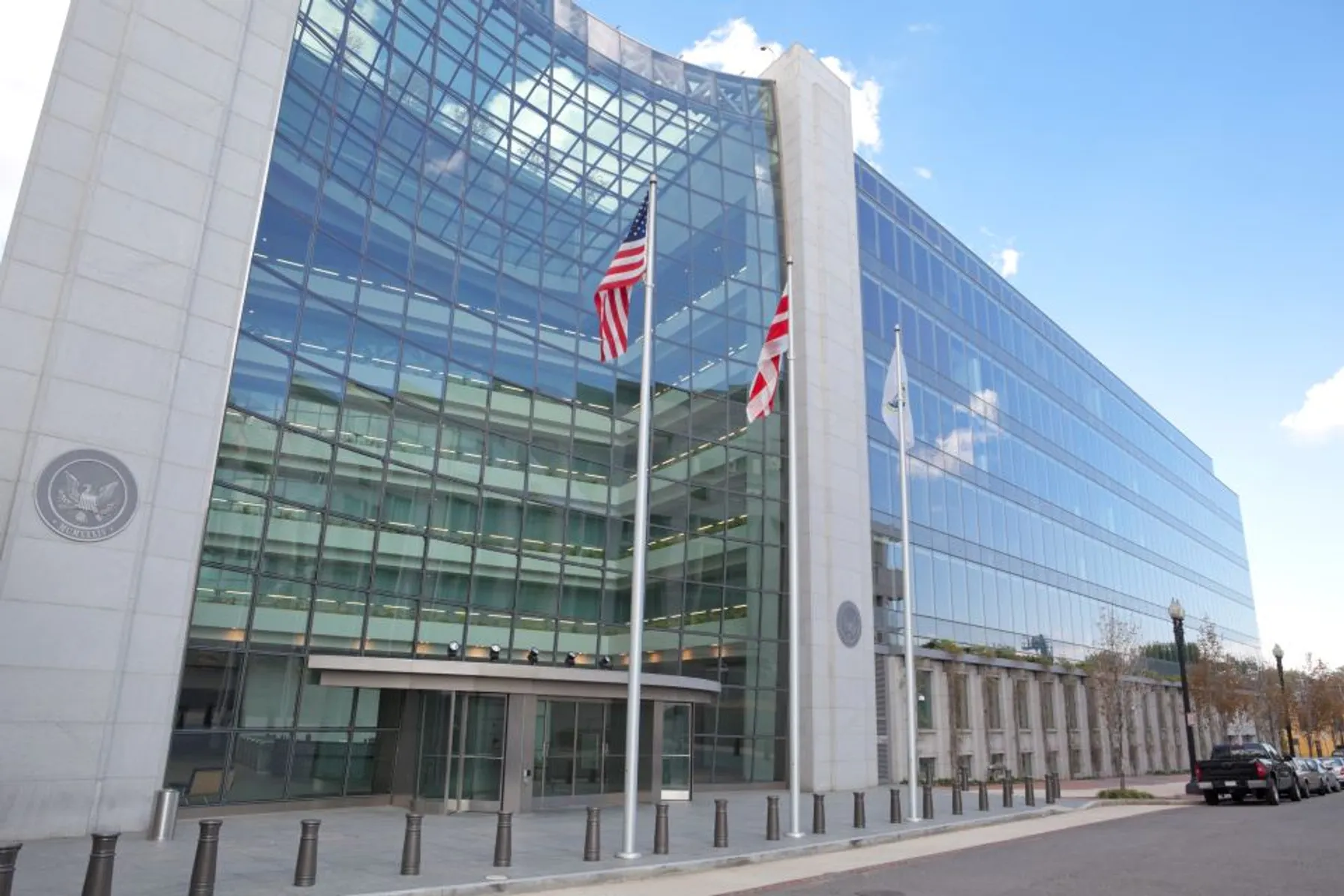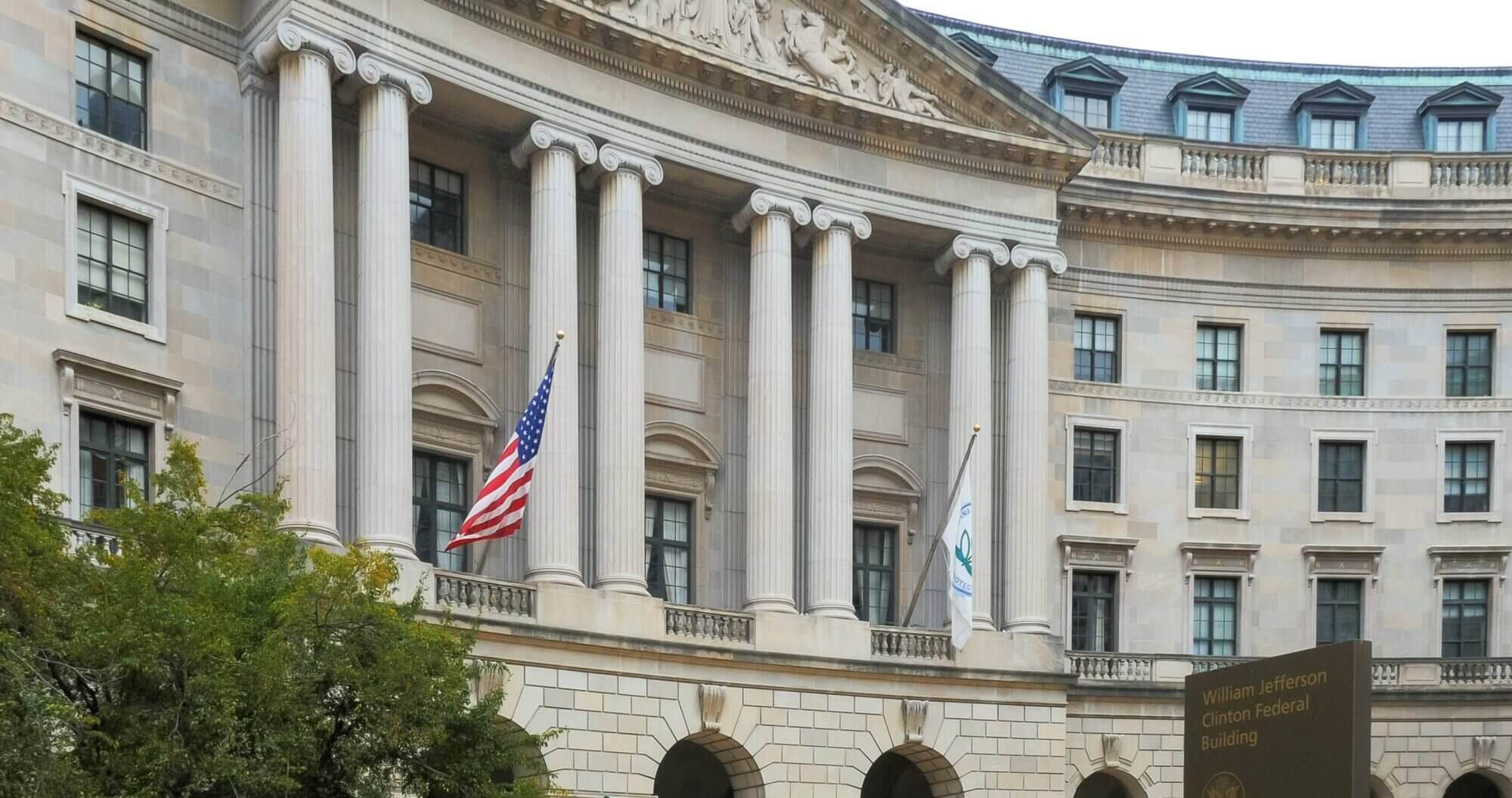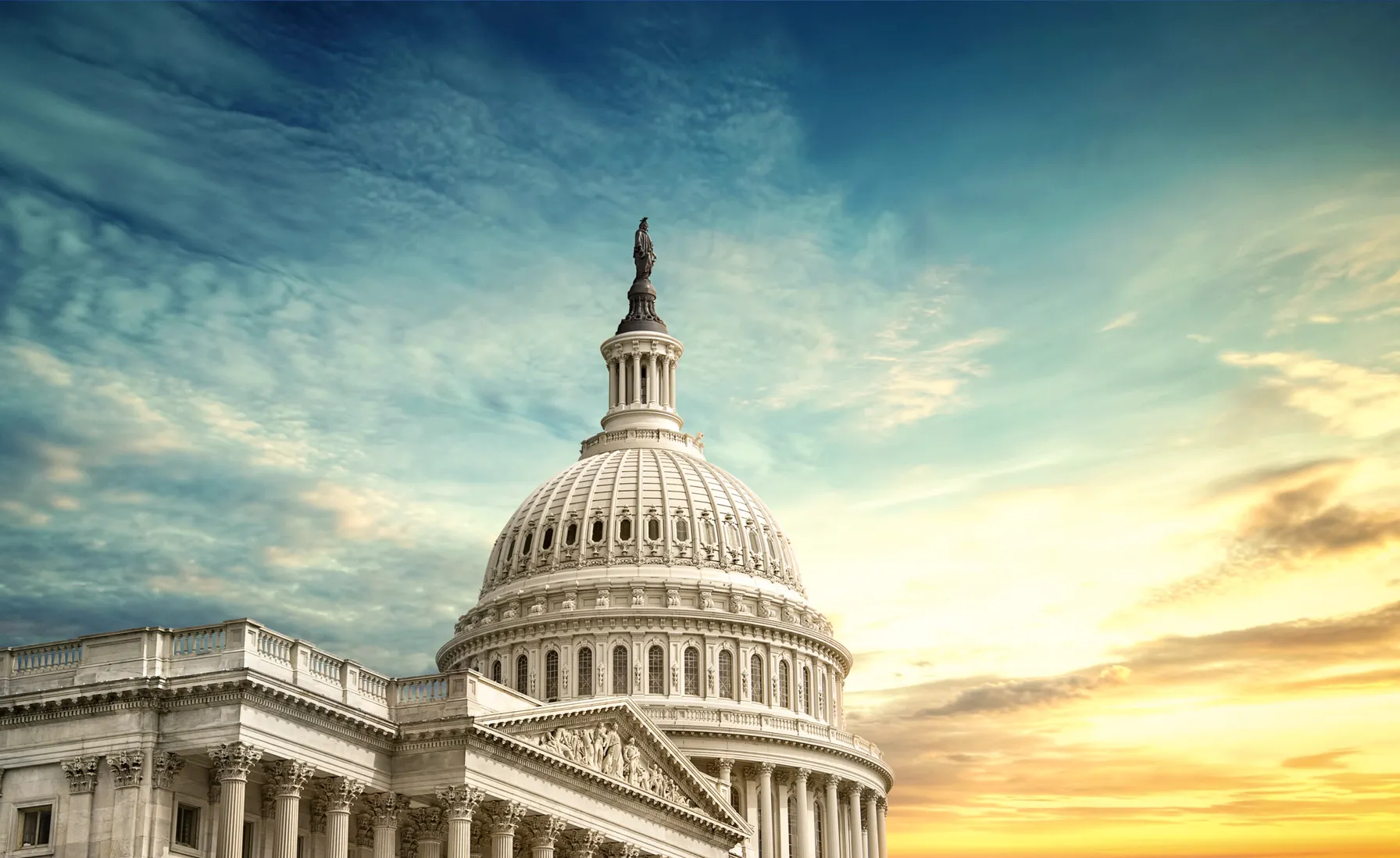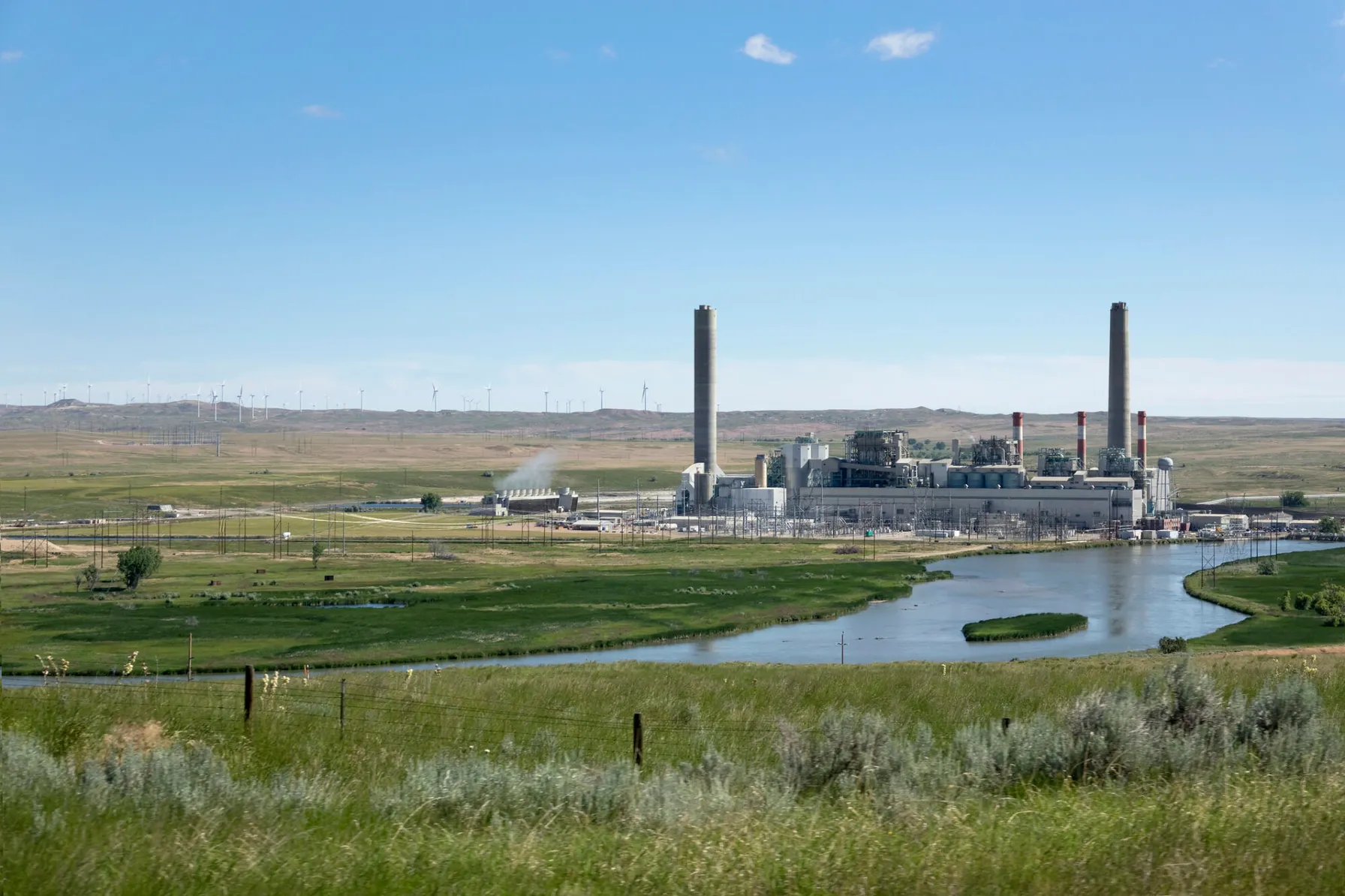Author: Sean Learmonth, Donald Fay, & Gary Low | September 9, 2021
The dominant trend in improving the efficiency and profitability of the logistics and supply chain industry will continue to be achieved through automation. Environmental, social and governance (ESG) issues can be important considerations for investments in this sector due to potential reputational risks for the acquiring entity. Key issues include negative publicity surrounding the perception of job elimination, as well as the procurement of specialty materials required to produce batteries and other components of autonomous robots. The recycling or responsible disposal at the end of the life of the product is also a key focus especially in Europe.
TRC was asked to provide ESG risk screening for a foreign auto manufacturer’s investment in a U.S.-based autonomous robotics company. A two-step approach was taken to access the risks associated with this target. The first step evaluated the inherent risks of the target company’s sector based on its geographical spread and operations using public information like the Sustainability Accounting Standards Board (SASB) and the CDC Investment Works Toolkit. The second step involved deeper analysis of ESG risk assessments & insights based on a review of specific controls that the company uses to manage its risks. This included a questionnaire, reviewing company documents and programs, and interviewing company representatives.
Related Services

Our Approach
- Supply Chain ESG Review: several key suppliers from the target had public disclosure available which were reviewed to assess especially E and S risks.
- Reverse engineer material ESG risks from the disclosure of the acquirer’s Sustainability Report which highlighted commitment to lowering GHG footprint, producing eco-friendly products, and creating social value.
- Apply information from the EHS due diligence to assess climate risks to physical facilities, waste generation/disposal, and regulatory compliance and safety issues/programs.

Included In ESG Screening
Key topics reviewed during the ESG screen included:
- General awareness and engagement of the company in evaluating and managing ESG risks
- Energy, carbon, and climate risks
- Water use and conservation risks
- Waste and recycling risks
- Customer and supplier risks
- Safety risks
- Pandemic preparedness risks
- Social and governance risks
Valuable Legal Counsel
How can TRC Help?
TRC Companies, Inc. has an experienced team that can help improve the efficiency and profitability of your logistics and supply chain, or help with the development of new or repurposed property through integrated engineering and environmental advisory services that includes expertise to guide and support key EHS (Environmental Health and Safety) and ESG (Environmental, Social and Governance) issues for consideration as we work together to provide solutions for your supply chain needs.
Achieve New
Possibilities
Partner With TRC’s Tested Practitioners
Sharing Our Perspectives
Our practitioners share their insights and perspectives on the trends and challenges shaping the market.

Creating Lasting Value While Preparing for California’s Approaching Climate Disclosure Laws (SB253 and SB261)
June 17, 2025
Prepare for California’s new climate disclosure laws (SB253 & SB261) with guidance to turn compliance into long-term business value.

What Hydrogen Production Technologies Qualify for the 45V Tax Credit?
February 26, 2025
The 45V Tax Credit, formally known as the “Credit for Production of Clean Hydrogen and Energy Credit,” became effective on January 10, 2025 when it was published in the Federal Register. The 45V Tax Credit is one of the 21 tax credits that were created or amended by the Inflation Reduction Act (IRA). Finalization of this tax credit is important news to hydrogen project developers and financiers.

SEC Rules in Favor of Climate-Related Disclosures
March 8, 2024
In a long-awaited climate ruling, the Securities and Exchange Commission (SEC) ruled 3-2 in favor of the climate-related disclosures on March 6, 2024.

EPA Proposes Rules for IRA-mandated Waste Emissions Charge for Methane
February 6, 2024
EPA proposed rules to implement the Waste Emissions Charge (WEC) program for facilities that exceed a waste emissions threshold

What You Need to Know about the EU Corporate Sustainability Reporting Directive (CSRD)
January 19, 2024
January 1, 2024, marks the start of the first reporting timeframe for companies in scope of the European Union’s Corporate Sustainability Reporting Directive (CSRD).

New Jersey Implements Landmark Environmental Justice Regulations
August 2, 2023
A new landmark Environmental Justice (EJ) law is now effective in New Jersey following a lengthy rulemaking process surrounding the New Jersey Department of Environmental Protection’s (NJDEP) Administration Order (AO) No. 2021-25. It is the first rule of its kind and the strongest EJ regulation in the nation.

EPA Proposes Regulation of Green House Gas Emissions
July 10, 2023
This article highlights the EPA’s proposed rules to regulate greenhouse gas emissions from power plants and the potential impact on new and existing fossil fuel-fired facilities.

Organizing for Project Success
June 22, 2023
Many organizations are establishing Project Management Organizations (PMOs) to improve project management within their organizations. While there can be many reasons for establishing a PMO, most are established to improve project management with respect to schedule, cost, quality and risk. This article provides an overview of factors to consider when deciding on which type of PMO is most suitable for your organization and how best to implement a successful and high-performing PMO.

New Executive Order 14096 Broadens Environmental Justice Initiatives
May 9, 2023
Executive Order 14096, Revitalizing Our Nation’s Commitment to Environmental Justice for All, seeks to deepen the Biden administration’s “whole-of-government” approach to environmental justice (EJ) by fully integrating the consideration of unserved and overburdened communities and populations into all aspects of federal agency planning and delivery of services.

Proactive Enforcement is Key in the EPA FY2022-2026 Strategy
October 19, 2022
A core element of the EPA FY2022-2026 Strategic Plan focuses on environmental compliance.

Preparing for EPA Inspections in Environmental Justice Communities
October 4, 2022
The EPA Office of Enforcement and Compliance Assurance Have Expanded Goals to Strengthen Enforcement and Protections Within EJ Communities

TRC Companies Inc. welcomes the Founder and Key Principals of ESG Advisory Firm Enzo Advisors, LLC
September 27, 2022
TRC Companies announces the expansion of its Climate Solutions offering and ESG capabilities with the addition of the Founder and CEO, and key members of Enzo Advisors, LLC

Climate Action and Environmental Justice are at the Forefront of EPA’s Strategic Plan
June 14, 2022
The EPA issued its Fiscal Year 2022-2026 Strategic Plan. Although the strategic plans emphases often change with administrations, we can be reasonably certain that the Plan reflects priorities through 2024.

TRC Companies Pledges to Achieve Net Zero GHG Emissions by 2040
April 26, 2022
TRC Companies, a digitally powered and environmentally focused global professional services firm, announced its commitment to achieve Net Zero greenhouse gas (GHG) emissions across its full value chain by 2040, aligning with the most ambitious aim of the Paris Agreement to limit global temperature rises to 1.5 °C.

Why Are ESG Frameworks Important?
April 13, 2022
ESG standards significantly impact long-term growth, leading many companies to integrate ESG reporting into their corporate social responsibility (CSR) strategies. ESG frameworks are broad and diverse, and establishing a reporting system that covers your industry’s most relevant metrics can be challenging.

How Does ESG Address Environmental Concerns?
October 22, 2021
When investors consider where to put their money, they may examine environmental, social and governance (ESG) criteria, learn about a company’s core values and decide if they align with their own. Young people, in particular, search out this information to make decisions that align with their morals.

What Is Environmental, Social and Corporate Governance?
October 10, 2021
Several key considerations help determine whether an investor decides to support a particular company. While many factors can tip the scales, investors are increasingly seeking out businesses that uphold higher standards. Therefore, companies should openly communicate their standards to make it easier for investors to understand their values.

NJDEP Implements New Jersey Environmental Justice Law Through Administrative Order
October 5, 2021
On September 22, 2021, the New Jersey Department of Environmental Protection (NJDEP) Commissioner announced the issuance of Administrative Order (AO) No. 2021-25 to implement New Jersey’s Environmental Justice (EJ) Law. This order is effective immediately, and applicants seeking to site new major source facilities, renew major source permits or expand existing facilities with major source permits (e.g., Title V air permits) in overburdened communities are affected. There are more than 4.5 million people that live within 331 municipalities that are overburdened communities in the state of New Jersey.

Cryptocurrency: The Environmental Threats and Opportunities
August 9, 2021
Cryptocurrency (also known as crypto) is taking the fintech industry by storm, despite the economic experts who still dismiss it as a viable form of currency. Although often criticized for this volatility, whistleblowers are also further shining a light on the severe toll that these digital currencies are taking on the environment.

Managing EHS & ESG Risks Through Integrated Systems Today and Beyond
July 22, 2021
It has been more than 50 years since the development and establishment of the federal Environmental Protection Agency (EPA) and the federal Occupational Safety & Health Administration (OSHA) which were formed to protect our environment and workplaces across the United States. Significant laws, policies and regulations followed to establish the “regulatory programs” that all applicable businesses and entities must address and meet to ensure these compliance-driven legislative programs would create a foundation to protect our society.

TRC Announces Collaboration with Greenstone Reinforcing Integrated ESG, Sustainability and Climate Risk Solutions
June 26, 2020
On September 22, 2021, the New Jersey Department of Environmental Protection (NJDEP) Commissioner announced the issuance of Administrative Order (AO) No. 2021-25 to implement New Jersey’s Environmental Justice (EJ) Law. This order is effective immediately, and applicants seeking to site new major source facilities, renew major source permits or expand existing facilities with major source permits (e.g., Title V air permits) in overburdened communities are affected. There are more than 4.5 million people that live within 331 municipalities that are overburdened communities in the state of New Jersey. The Administrative Order requires an enhanced public participation process that requires facilities to: Hold a public hearing meeting as determined by the Environmental Justice Law. To the extent consistent with applicable law, have a public comment period that is a minimum of sixty (60) days. If there is written request from members of the respective overburdened community, the public comment period may be extended by thirty (30) days to provide information related to “information regarding existing conditions within the overburdened community and potential facility-wide environmental and public health stressors that could result in adverse impacts upon the overburdened community were the regulated activity approved.” Respond to and address the concerns raised by individuals from the overburdened community during the public comment period, which may include the need to perform additional analysis as deemed necessary by the NJDEP. Solicit concerns from the overburdened community regarding environmental or public health stressors posed by the facility. Adhere to special conditions placed on permits approved by the NJDEP. Special conditions may be placed to avoid or minimize public health stressors to the maximum extent allowed by law. NJDEP has the authority to reopen or further extend the public comment period on a case-by-case basis, as consistent with applicable law and statues. Title V permit holders in overburdened communities in New Jersey must take steps to address new and multi-faceted environmental justice regulations and should do so in an effective manner to avoid business difficulties and manage public relations issues. This AO has the potential to significantly impact project schedules for new projects or facility expansions. Therefore, identifying EJ-related concerns during the planning phase is critical to a successful project and benefits both the business and the community.

COVID-19 and Implications for ESG Investing
June 3, 2020
This global pandemic has exposed business vulnerabilities and recalibrated material Environmental Social and Governance factors for investors.

Sean Learmonth
Sean Learmonth is an Associate Director in TRCs ESG Advisory Services group that provides services to both corporate and financial services clients. He has experience carrying out ESG and environmental due diligence for corporate and private equity clients globally. Contact Sean at slearmonth@trccompanies.com.

Donald Fay
Donald Fay is a Professional Geologist in several states and a Certified Professional under Ohio’s Voluntary Action Program (VAP). He has over 30 years’ experience advising legal, municipal, and industrial clients on transactional due diligence, site investigation/remediation for brownfield and enforcement projects, and expert testimony/litigation support. Don is very experienced at coupling site redevelopment with remediation needs to minimize project costs and expedite schedules and has helped secure millions of dollars of grants for brownfield redevelopments. He manages TRC’s environmental investigation and remediation staff in Ohio and Indiana. Don holds B.A. and M.S degrees in geology.

Gary Low
Gary Low is the Director of ESG Advisory on the TAS team. Mr Low was recently a Consultant for the United Nations as part of the Global Investors for Sustainable Development initiative where he collaborates with various UN agencies (GRI, PRI, IFC) and the private sector (Nuveen, UBS) on ESG data analytics and Sustainable Investing. Mr Low has over 19 years of investment experience from asset management firms such as BlackRock, Vontobel, Epoch Investment Partners and Macquarie Investments. At Epoch Investment Partners, Gary was responsible for ESG Integration for the Calpers and Wespath mandates. Prior to his career in the investment management industry, Gary was with the Investment Banking Division of Credit Suisse. Gary holds an MBA from The Wharton School and MA Hons from Cambridge University. Mr Low is a CFA charter holder and recently received his Fundamentals of Sustainability Accounting credential from SASB.























